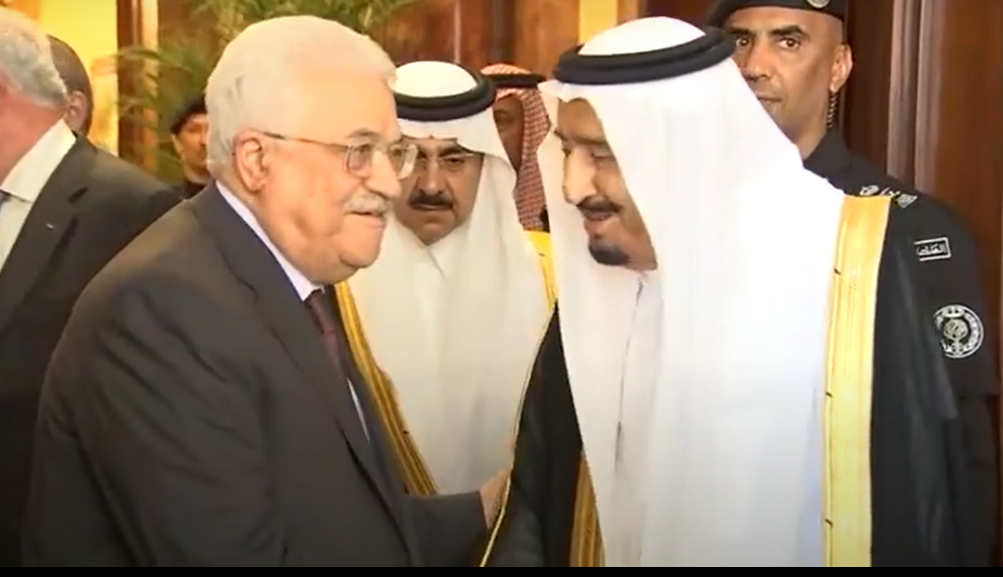Monitoring Developments: The PA is closely following media reports on the contacts between the Biden administration and Saudi Arabia regarding a new tripartite deal, which may lead to a normalization agreement between Saudi Arabia and Israel.
So far, the PA has refrained from responding to these reports to avoid damaging relations with Saudi Arabia.
However, they believe the agreement is not currently relevant for two main reasons:
- The PA estimates that the Saudi Crown Prince is likely to save the deal for the next American administration.
They believe he will refrain from giving President Biden a gift ahead of the US presidential elections, especially after Biden’s accusations against Crown Prince Mohammed bin Salman regarding the murder of Saudi journalist Jamal Khashoggi.
- Senior PA officials claim that Mahmoud Abbas received a personal promise from Crown Prince Mohammed bin Salman.
According to this promise, Saudi Arabia will only sign a normalization agreement with Israel after Israel commits to establishing an independent Palestinian state, based on the 1967 borders, with East Jerusalem as its capital and full Palestinian sovereignty over the Al-Aqsa Mosque.
PA’s Hopes for US Pressure: The PA hopes that President Biden will exert pressure on the Israeli political echelon to accept the principle of a two-state solution and the establishment of an independent Palestinian state.
They believe Saudi Arabia is demanding practical steps from Israel to prevent the annexation of Judea and Samaria, such as freezing new settlement construction and expanding existing settlements.
Additionally, they expect large areas of Area C in Judea and Samaria to be transferred to either Area B or Area A, as outlined in the Oslo Accords.
Potential Implications: A senior PA official asserts that Saudi Arabia needs to officially demand that Israel accepts the Arab Peace Initiative.
Without this demand, the PA-Israel negotiations, which have been deadlocked, cannot advance.
Failure to achieve this would result in Saudi Arabia being accused of betraying the Palestinian cause by the Arab and Islamic world.
Concerns Over Regional Situation: Fatah movement’s senior officials believe that a normalization agreement between Saudi Arabia and Israel would complicate relations between Saudi Arabia and the axis of resistance led by Iran.
While Saudi Arabia renewed diplomatic relations with Iran recently through China’s mediation, Iran opposes any recognition of the “Zionist entity” or the development of relations with it.
The Fatah movement fears that Saudi Arabia’s fate may resemble Egypt’s after signing the Camp David Accords with Israel, where the Palestinian problem was neglected.
PA’s Stance: The PA hopes that the right-wing government in Israel will reject Saudi Arabia’s terms, and they also anticipate that the US Senate will not approve the draft agreement.
According to the PA, such an agreement would only complicate the regional situation, increase US and Israeli influence, and perpetuate the Palestinian problem.
If Mahmoud Abbas senses that the agreement is likely to be realized, he will break his silence and vehemently oppose it.
Overall, the Palestinian Authority remains watchful and resolute in its stance against the normalization agreement between Saudi Arabia and Israel, viewing it as detrimental to their cause and seeking to ensure the establishment of an independent Palestinian state.




